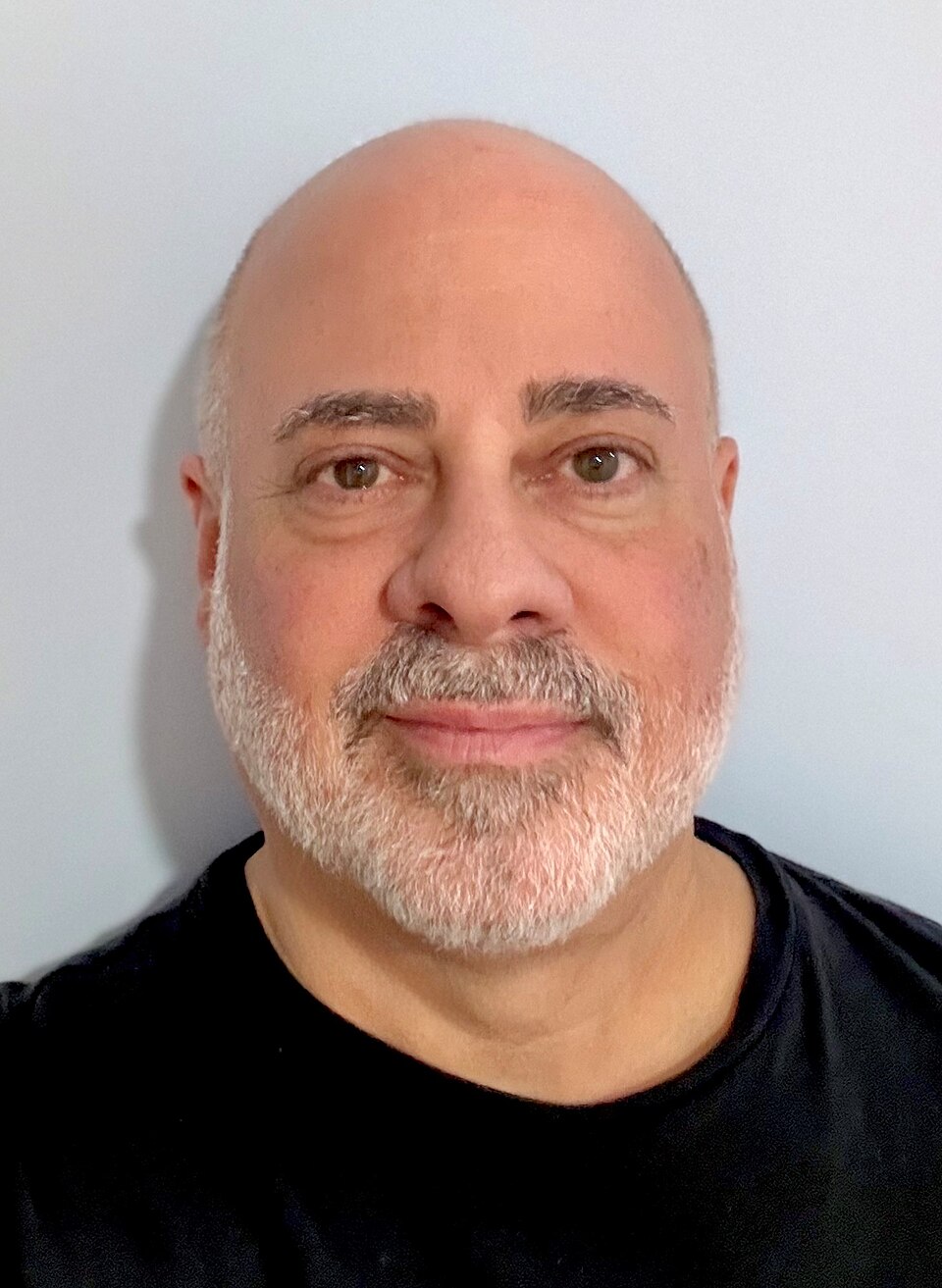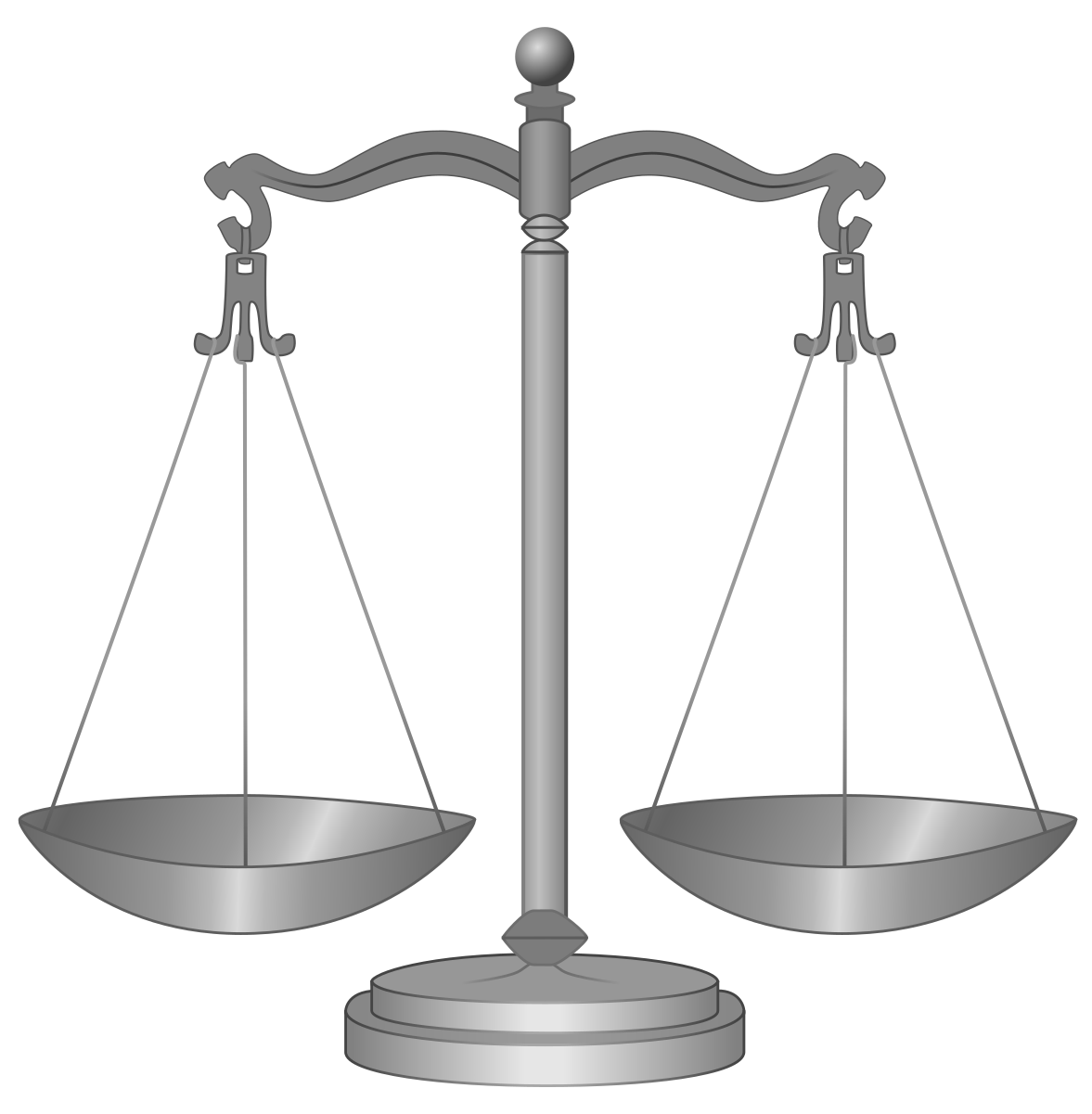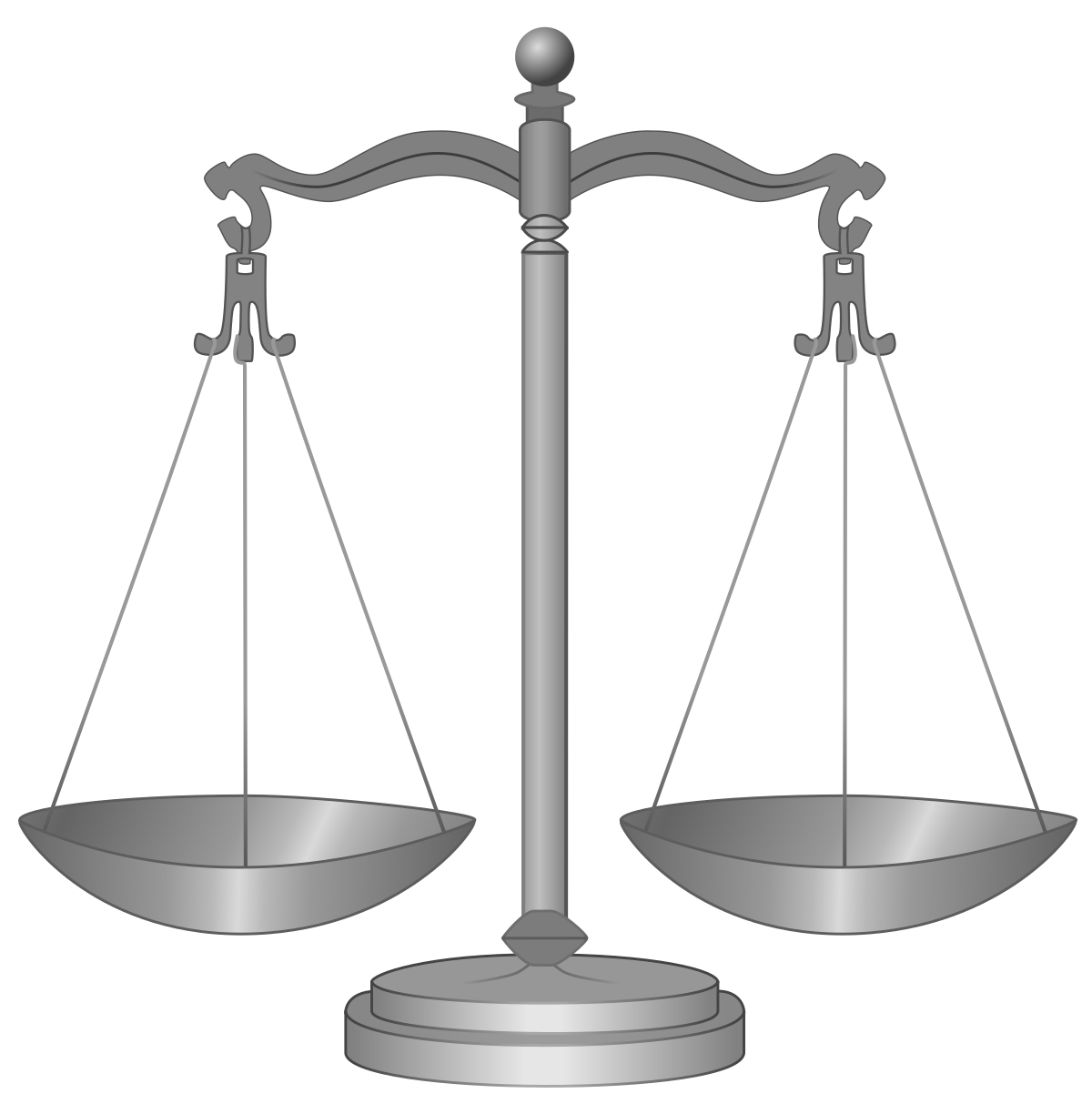|
This article is waiting for review! This article requires pre-publication review by an uninvolved reviewer (someone not substantially involved in writing the article). There are currently 4 articles in the review queue. If the article is accepted, it will be published; If declined, feedback will be posted on the talk page. You may continue improving the article while it awaits review. While waiting, how you can help: Self-check your article: Help others get published: Instructions for Reviewers: Only qualified reviewers may perform reviews and publish articles. To request reviewer rights, apply here. Review checklist: |
|
This article is waiting for review! This article requires pre-publication review by an uninvolved reviewer (someone not substantially involved in writing the article). There are currently 4 articles in the review queue. If the article is accepted, it will be published; If declined, feedback will be posted on the talk page. You may continue improving the article while it awaits review. While waiting, how you can help: Self-check your article: Help others get published: Instructions for Reviewers: Only qualified reviewers may perform reviews and publish articles. To request reviewer rights, apply here. Review checklist: |
Sunday, November 16, 2025
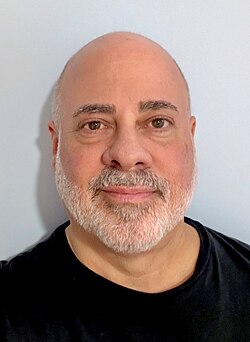
World Service Authority (WSA) is a non-governmental organization founded in 1954, a quasi-member of the World Federalist Movement and a member of the World Constitution and Parliament Association, advocating the idea of World Government. They issue the famous “fantasy document” World Passport, which has received formal legal recognition from six UN member states, some still valid today (e.g., Tanzania). As of 2025, their founder and former U.S. citizen Garry Davis has long passed away, and we interviewed his “student” and successor, WSA President Mr. David Gallup.
In the interview, he described the work done to achieve recognition and shared his vision for the future, along with his personal cosmopolitan philosophy and professional experience. WSA has a long-standing tradition of assisting refugees, though it has faced criticism from some who considered it “ineffective.” Mr. Gallup also explained how the organization assists refugees. He refuted social media claims that WSA is “a document-selling organization” and described the charity’s legal registration status in the United States.
Interview Transcript
[edit]
Q: As I understand, your organization’s passports have been formally recognized by six sovereign states, which is quite rare for a non-sovereign entity. How did you achieve this?
A: The World Passport is issued by a sovereign entity—the World Citizen Government—through its administrative branch, the World Service Authority. We have issued over 800,000 World Passports and over 5 million other documents.
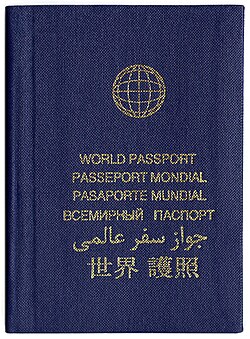
We periodically send samples of the World Passport and related legal authority statements to embassies, immigration departments, foreign ministries, and other governmental offices to inform them of the legal validity of these documents and the ongoing issuance process. We remind governments of their obligations under international treaty law, customary international law, and national constitutions to affirm the right to identification and freedom of movement. For example, we cite the Universal Declaration of Human Rights, the UN Charter, and constitutional human rights provisions as the legal basis. By sharing this information, we encourage governments to increase awareness and acceptance of the documents.
Additionally, when requested by holders, our Legal Department issues letters of validation to specific governments, confirming both the identity of the holder and the legal validity of the documents. I believe that as more people carry World Passports and register as world citizens, recognition of these documents and of world citizenship will continue to grow.
Each passport holder also receives a copy of the Universal Declaration of Human Rights in their native language, a document confirming issuance and legal authority, and instructions on asserting their rights and communicating with government officials. WSA also participates in online and in-person forums, meetings, and summits to share information about our work and the legal foundation of our documents.
In my view, amid current trends of isolationism and nationalistic authoritarianism, the global public regards WSA as a beacon of hope, unity, personal empowerment, and respect for the rule of law.
Q: You mentioned your organization assists refugees. Could you describe how WSA has recently assisted high-profile Palestinian or Ukrainian refugees? How do they typically contact you?
A: Many displaced Palestinians, Ukrainians, and other vulnerable groups affected by war, oppression, or climate disasters contact WSA seeking passports, and some also seek our free legal advocacy services. Due to the sensitive and private nature of refugee situations, we cannot provide specific examples that might endanger their lives.
Refugees usually contact WSA via email, phone, letter, or our online application form. Beyond issuing global identity and travel documents, WSA also provides human rights information and assistance through affidavits, legal letters, and amicus curiae briefs.
For instance, Palestinians, Ukrainians, Rohingya, Somalis, Sudanese, Syrians, Iraqis, Afghans, and many others facing war, persecution, famine, or climate disasters have sought our help. During the recent Gaza and Ukraine conflicts, we received letters from Palestinians, Israelis, Ukrainians, and Russians. In my experience, people often say they do not want to fight and regard the “other side” as brothers, sisters, or cousins—in other words, as part of the human family.
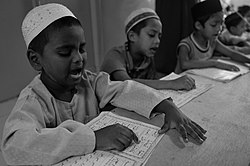
Some more specific examples:
Children of stateless or discriminated ethnic groups are often denied rights. Our World Birth Certificate helps these children establish identity even when the birth country refuses official documents, enabling access to education and healthcare.
Refugees in camps have used the World Passport to leave for work during the day. Without documentation, leaving would be impossible. Some have used it to settle in other countries.
Q: What role do you think world federalist organizations should play within the current United Nations system?
A: Our role is to expose the shortcomings of the UN system as part of the nation-state structure, which separates people and fosters war. The five permanent members of the UN Security Council have veto power, preventing meaningful change for billions who face food and water insecurity, war, poverty, disease, and climate devastation—all of which could be avoided if humanity worked together as one family rather than as roughly 200 independent groups competing for resources, with governments spending nearly $3 trillion annually preparing and waging war.
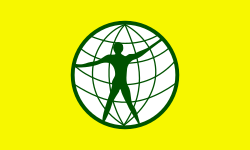
Q: Your organization’s founder, Garry Davis, famously renounced U.S. citizenship. Does your organization currently employ many stateless individuals? Do you personally encourage this choice, and what significance does it have?
A: Garry Davis once said that as long as everyone claims to be a world citizen, there is no need to renounce any other allegiance, status, or identity. Claiming world citizenship is key to affirming human rights and safeguarding the future of the planet. Among Garry’s books, I recommend reading My Country Is the World and The Road to Freedom, as well as documentaries about him and the world citizenship movement.
Q: Do you see any risk in sovereign states recognizing the current World Passport (or other documents) as valid identification? Could you elaborate?
A: The only risk lies in the nation-state system increasingly being seen as outdated and destructive to human rights, human dignity, and planetary survival. Those few “state leaders” who cling to power will eventually be replaced by the force of the world’s people.
Q: Could WSA one day become a future world government? What is your long-term hope or vision?
A: WSA is the administrative branch of the currently operating World Citizen Government. In other words, WSA already provides governmental services and functions, including document issuance, legal advocacy, civic education, and citizen engagement. You could say the World Citizen Government is currently assisting individuals on a micro level worldwide, not yet fully operational on a macro scale. But that is only a matter of perception and time. Currently, we are actively working across multiple social sectors to establish a World Human Rights Court, for which I am a primary convenor.
Q: From your perspective, what are humanity’s greatest challenges and priorities today in eliminating borders and building a peaceful global community? How does WSA contribute and lead in this process?
A: The greatest challenge is that the Earth lacks a “brain.” Humanity has mostly separated from each other and from nature, so we do not collectively protect each other or the planet. Two critical 21st-century issues are: many people do not realize we are already world citizens with universal rights and responsibilities; and there is a lack of urgent and fundamental concern for ensuring human and planetary survival. We must unite to be the “brain” (and “heart”) of the world.
If you haven’t seen Carl Sagan’s Pale Blue Dot, I highly recommend it—available on YouTube.
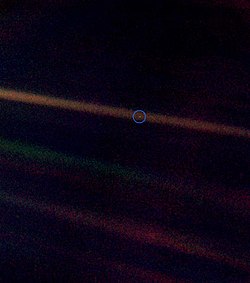
Q: What makes you believe in the ideal of a world government?
A: Every day, WSA interacts with people worldwide, who contact us through various means or even visit our Washington, D.C. office. The concept of world citizenship has existed for thousands of years and spans all cultures and societies. I worked with Garry Davis for nearly 25 years until his passing in 2013. I have served as President and General Counsel for nearly 35 years. We do not “believe” in world government in the sense of faith. Belief requires a leap of faith. We know that world citizenship and world government are necessary for humanity to achieve justice and peace through world law and world legal institutions.
Garry Davis said, “Peace is not the absence of war, but the presence of law.” Without world justice, there can be no world peace; without us uniting as world citizens to create legal institutions and world law itself, world peace and justice are impossible.
Q: Some on social media misunderstand WSA as “selling documents for profit.” How would you respond or clarify this? What would you like to say to interested social media users?
A: WSA is a legally registered nonprofit in Washington, D.C., with a charitable license from the District of Columbia, carrying out humanitarian and human rights work since 1954. Its publicly stated ultimate goals are world peace, world justice, and a sustainable planet.
Over the years, some journalists have written about Garry Davis or WSA without contacting us to verify facts. We greatly appreciate your initiative! Some writers repeat what they read online without proper research or using us as the primary source. Some journalists also feel the need to downplay the importance of our work to appear “objective” (sometimes at the editor’s instruction).
Almost brainwashed by nation-states, the public sees the nation-state system as the only legitimate framework for human interaction. Concepts like world citizenship, world government, and universal rights are sometimes ridiculed. Whether intentional or not, journalists can exhibit bias. Nation-states condition people to view the right to travel as merely a citizen privilege, or the right to choose one’s political allegiance as non-existent. Much of what you read online is heavily biased toward this system.
In my view, the best approach is to have as many journalists, broadcasters, and writers as possible produce articles supporting world citizenship and universal rights, which can then be cited to counter blatant misinformation. For example, a recent article in the worldism media outlet The Cosmic Citizen Forum impressed me greatly.
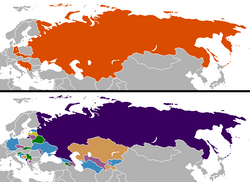
Q: Among the many “globalization” initiatives worldwide, are there any locations that impressed you the most?
A: Among the many “globalized” locations globally, Cahors-Monde in France may resonate most strongly with Garry Davis’s history and the world citizenship movement. Relevant information is available on its website.
Over the years, some indigenous groups, underrepresented peoples, and vulnerable communities have consulted WSA for identity documents that reflect their local identity while connecting to universal rights. The World Passport includes two pages for affiliations, where holders can add stamps, emblems, or other symbols representing their indigenous identity or community. Many holders request assistance in adding patterns or text relevant to their identity.
Q: Could you briefly share your personal story—what motivated you to become a world activist, join world government, and meet Garry Davis? In terms familiar to people accustomed to nation-states, what role do you currently play in world government?
A: I met Garry Davis when I joined WSA as General Counsel. After graduating from law school and studying international relations, I was seeking a career that allowed me to advocate for human rights in a global context. When I learned of the attorney position at WSA, I immediately submitted my resume, cover letter, and a paper I had written advocating the transformation of the UN into a United World Organization. I interviewed with the former president and spent an entire day in deep conversation with Garry Davis.
The next day, I began working at WSA. Over the years, working alongside Garry, he shared his lifelong experiences, wisdom on world citizenship, and insights on human rights. We communicated countless times face-to-face in our Washington, D.C. office and at meetings worldwide, as well as via email and phone; toward the end of his life, we stayed in touch via Skype.
Currently, I serve as President and General Counsel of WSA, Coordinator of the World Citizen Government, founder of the World Citizen Club initiative, and convenor of the World Human Rights Court Alliance.
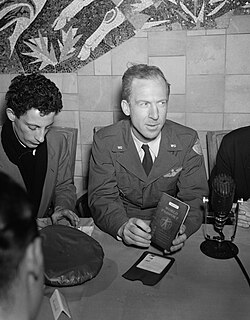
Q: Could you share your personal assessment of the development of world government? For example, is the number of people applying for your organization’s passport and officially becoming world citizens increasing year by year? What are the general trends for the next five to ten years? Do you have specific visions or plans?
A: In my nearly 35 years at WSA, I have witnessed fluctuating interest in world citizenship, world government, and the World Passport. Some years, thousands of individuals contact WSA, register as world citizens, and seek our services and human rights information. Other years—such as during travel disruptions caused by the pandemic—applications decrease.
In the past three to four years, interest has resurged, especially amid global uncertainty. Many choose to register as world citizens and hold a World Passport as a supplement to existing travel documents. In uncertain times, the more documents you have in your “travel toolbox,” the more likely you are to transcend the limitations of your birth or residence country and exercise universal rights.
Through social media educational outreach and numerous projects, initiatives, and programs involving colleagues and partners, we anticipate higher recognition and participation in the next five to ten years.
Moving forward, we aim to expand youth-led World Citizen Clubs on university campuses and establish a global network supporting the creation of a World Human Rights Court. These clubs are important because they engage young people as advocates for world citizenship and creators of world peace. The Court is crucial because it can positively impact the lives of those whose rights are being violated, especially the most vulnerable and marginalized.
Q: Would you recommend that refugees with extra funds and a need for identification documents acquire a World Passport? (For example, refugees in regions where recognition is limited.)
A: I cannot fully answer this; it depends on individual circumstances. For some refugees, the World Passport represents the difference between imprisonment and freedom. For those whose travel rights are unrestricted and who already hold valid national passports or refugee travel documents, they may not need it. We must also consider other essential uses of funds, such as providing life-saving food, shelter, or medical aid to others in the community.
Please note that applicants do not “purchase” a World Passport, and WSA does not “sell” documents. Applicants, like applying for a national passport, must submit an application. Upon review and approval, the document is issued.
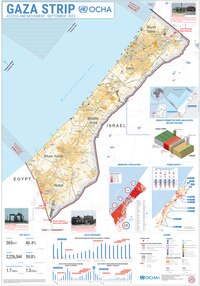
Q: You mentioned that your organization has served as a global government for many years. To what extent do you think its decisions and policies have influenced the world? How would you advise people to participate in decision-making processes?
A: “Belief” is not relevant to facts. Belief requires subjective conviction, which cannot be questioned by others, because belief is personal and correct for the individual but not necessarily for others.
WSA’s decisions and policies on educating world citizens, advancing universal rights, and supporting global rule of law are critical, at least in the “market of ideas.” WSA is like the rudder on a ship or trim tabs on an aircraft—guiding the planet-ship in new directions. Every passport issued, legal brief written, and student educated helps guide the world toward unity, dignity, respect, justice, and peace.
WSA collaborates with many organizations to unite peace, justice, rights, and environmental movements under the umbrella of world citizenship and universal rights. I encourage public participation in local communities and volunteering to support global initiatives. We work with the Earth Constitution Institute, building a global voter ID and ballot platform, and support grassroots democracy initiatives like creating a World Peoples’ Assembly, conducting Charter Reviews under Article 109 of the UN Charter, and promoting Earth governance.
Q: Have there been any differences between you and the founder in policy direction, ideology, or philosophy? Has organizational policy changed under your leadership?
A: World citizenship, world solidarity, world peace, and justice—these organizational principles and missions remain unchanged.
Q: Could you share how you successfully became a “global leader”?
A: As Garry Davis said, “Each of us is a leader. It is up to us to govern our world. This is not only our right, but our responsibility, because the will of the people is the authority of government.”
Q: With International Day for Tolerance approaching, is the Declaration of Principles of Tolerance considered a legal document in your organization? What legal status do various declarations currently hold internally, and should the parts emphasizing nation-states be revised?
A: WSA regards its Declarations as customary international law, not legally binding treaties for nations or governments. They are not world law (laws established by humans through deliberative processes and organizations like a World Parliament). Everyone’s rights and duties must be respected and observed. Once a World Parliament is established, the Declarations can be reviewed, updated, and, if necessary, revised and approved as world law.
Q: As a global government leader, could you share your personal diplomatic experiences? How is it traveling with a World Passport?
A: I am not a “leader of the global government.” I am one of many leaders and part of humanity.
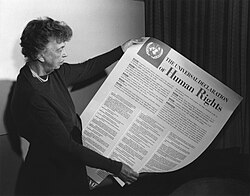
WSA interacts with many government authorities. A common concern is “impunity”—nation-states can violate human and environmental rights without accountability. States often cite “national security or public order” to cover such violations. This is why we need a World Human Rights Court.
Garry Davis traveled the world using his World Passport. After renouncing national citizenship, it was his sole document. Thousands worldwide carry the World Passport for travel or identity purposes, or for moral reasons supporting human rights and human unity. Like Garry, I first and foremost identify as human, as that is our essence. All other categories and divisions only serve “divide and rule.” Both the world citizenship and Wikimedia movements empower individuals and humanity.

Q: How can refugees without identification apply for a World Passport? Are there special policies or support measures for them?
A: All applicants are required to apply via the WSA website.
Those unable to use computers, tablets, or phones can request a paper application by mail. Alternatively, applicants can request a printable PDF to submit by mail or an online email-submitted version.
With supporter donations, we can provide documents free of charge from the World Refugee Fund. We also offer free legal advocacy, such as submitting “Amicus Curiae” briefs on behalf of refugees and stateless persons.
Q: Thank you for your thoughtful answers. What message would you like to share with readers worldwide at this moment?
A: I want to say, we are one human family sharing a beautiful planet. As our “World Citizen Action Day” slogan states: “Care for one another—protect the Earth.” We must learn to care, respect, and love each other, protect the planet, and recognise our oneness rather than division and conflict.
As Albert Einstein said: “Remember your humanity, and forget the rest.”
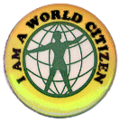
Best wishes to all!

